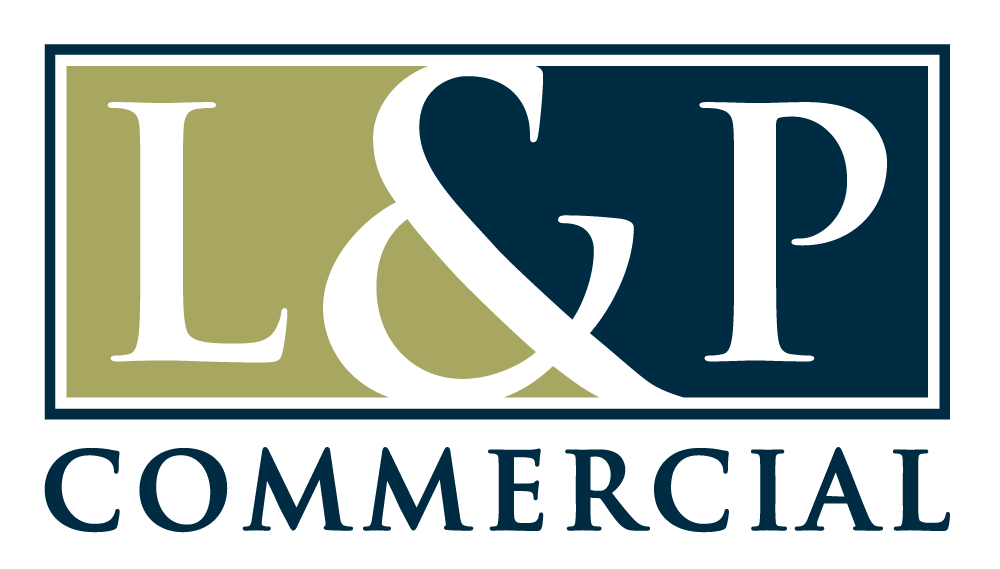DEFINING THE CAPITALIZATION RATE
The capitalization rate (often referred to as cap rate) is a valuation measure in the commercial real estate industry used to indicate the rate of return expected on a real estate investment property. The cap rate is the ratio of net operating income (NOI) to the property’s value.
CAPITALIZATION RATE FORMULA
CAPITALIZATION RATE = NOI ÷ PROPERTY VALUE
3 WAYS TO USE THE CAPITALIZATION RATE FORMULA
- Capitalization Rate is Unknown
NOI = $100,000
Asking Price = $1,000,000
Capitalization Rate = $100,000 ÷ $1,000,000 = 0.10 X 100 = 10%
- Property Value is Unknown
NOI = $100,000
Capitalization Rate = 10% or 0.10
Property Value = $100,000 ÷ 0.10 = $1,000,000
- Net Operating Income is Unknown
Capitalization Rate = 10% or 0.10
Property Value = $1,000,000
NOI = 0.10 X $1,000,000 = $100,000
CAPITALIZATION RATES ARE SUBJECTIVE
Capitalization rates are subjective; each investor determines their own capitalization rates for each investment. For a general example, if one investor views a particular Boston multifamily property worthy of a five (5%) percent cap rate and another investor decides six (6%) percent is a more appropriate rate for the property, then the 5% cap rate investor believes there is less risk in the asset and is therefore willing to have a lower rate of return for the investment. Since the purchase price and capitalization rates have an inverse relationship, the 5% cap rate investor will submit a higher offer and secure the purchase of the investment.
TWO SCENARIOS WITH INAPPROPRIATE CAP RATES FOR SELLERS
Since the capitalization rate is subjective, it is crucial for sellers to establish appropriate cap rates for their investment properties before listing their assets for sale. If a seller performs a valuation on their property with an inappropriate cap rate, there are two possible scenarios that can result from this mistake.
- If the broker uses an aggressive cap rate and the property is over-priced, then the property will remain on the market too long, detract potential buyers, and effectively cost the seller money in maintenance expenses and eventual sale price.
- If the broker uses a passive or loose cap rate and the property is undervalued, then the property may sell lower than its true market value.
FIVE KEY COMPONENTS OF THE CAPITALIZATION RATE
The experienced team at L&P Commercial has developed a system to identify appropriate asking prices for each property. Part of L&P Commercial’s Seller Representation Service includes property Valuations. These valuations utilize the capitalization rate formula and establish fair, and attractive asking prices for our listings. There are five (5) key components that L&P Commercial uses to generate appropriate capitalization rates on investment properties.
- Age and Condition of the property
- Creditworthiness of the tenants
- Terms of the lease(s)
- Supply and demand fundamentals of this particular property type
- Underlying economic fundamentals of the region, including, population and
employment growth
L&P COMMERCIAL’S CONCLUSION
Based on the importance and subjectivity of the cap rates, L&P Commercial recommends utilizing the services of an experienced investment brokerage company in order to evaluate and sell your investment property. As a real estate investor, you have invested time, energy, and money in developing and preparing your property to be sold on the open market for the highest possible value. So, in order to protect your investment, hire L&P Commercial to perform a FREE, NO STRINGS-ATTACHED Valuation on your investment property.

